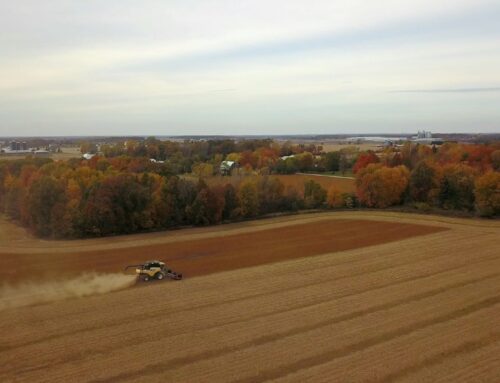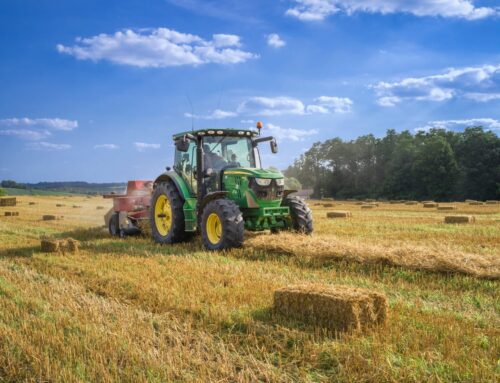According to media reports and Majority Leader Cantor’s floor schedule for this week, the House may rush a farm bill conference report through the chamber by as early as Wednesday. If a vote is scheduled, it would close the book on nearly three years of negotiations over the future of federal spending on nutrition programs, farm subsidies, and other special interest provisions in the nearly trillion dollar bill. TCS has repeatedly criticized H.R. 2642, the Federal Agriculture Reform and Risk Management Act of 2013, for being blind to budgetary and farm economic reality by failing to rein in out-of-control spending on the federal crop insurance program, resurrecting Soviet-on-the-Potomac price supports, and making taxpayers foot the bill for new income guarantee programs for agribusinesses during years of record profits.
The new farm bill will not save tax dollars. The Senate’s $955 trillion bill and the House’s proposed $921 billion of spending on farm bill programs could easily be billions of dollars underestimated since the Congressional Budget Office (CBO) has had a history of drastically miscalculating the cost of recent farm bills. History also tells us that CBO will underestimate the cost of the federal crop insurance entitlement (under which taxpayers must sign the check for 62 cents of each dollar of insurance agribusinesses enroll in) and other special interest carve-outs such as government-run sugar programs. Add on the additional cost of new “shallow loss” programs and an entirely new market-distorting program for cotton which will pay out when agribusinesses experience as little as a ten percent drop in expected income, and you have a recipe for disaster. In particular, the shallow loss entitlements will likely blow past CBO scores because of the recent drop in corn prices, triggering billions more per year in taxpayer subsidies. Lawmakers are also planning to take credit for outright fictitious or out-year savings that occur outside the five-year farm bill window and increase spending this year with promises to save later, reminiscent of budget gimmicks made in the recent federal budget deal.
In case you thought it couldn’t get any worse, it does. Small steps to rein in unlimited subsidy payments to agribusinesses and landowners who have never stepped foot on a farm passed both the House and Senate last year. However, these identical provisions, championed by Senators Grassley (R-IA) and Johnson (D-SD) and Representative Fortenberry (R-NE), are at risk of being stripped from the final farm bill package headed to the House floor this week. The southern cotton, rice, and peanut lobby has reportedly made headway in convincing Agriculture Committee leaders to scale back these modest reforms in order to keep unlimited subsidies flowing to millionaires, farm “managers” who often can barely tell you what crop is grown on their land, and a group of growers that claims their cost of business is higher than those for Midwest grain farmers. (Things are so bad that in the past, subsidies have even flowed to dead farmers.) This backroom deal is also expected to punt decisions on who is a farmer (and thus eligible for taxpayer subsidies) to the U.S. Department of Agriculture (USDA), rather than provide a concise definition that can actually be implemented after years of inaction, fraud, waste, and abuse, as the Government Accountability Office (GAO) has found. In the past, USDA has blamed its inaction to enforce existing subsidy limitations on a lack of guidance from Congress. Despite GAO’s recommendation – “to reduce the risk of improper payments to participants whose incomes exceed statutory limits, Congress should consider simplifying those limits” – a couple of lawmakers backed by the farm lobby plan to thwart a majority of Congress and make any reforms meaningless by placing USDA in charge. It’s a classic game of pass-the-buck, but it’s taxpayers who will get their pockets picked.
Ever since the Agriculture Committee leadership tried to pull a fast one and pass this new farm bill through the deficit reduction Super Committee, the farm bill has gone from bad to worse. Congress should reject this nearly trillion dollar blunder and instead start from square one crafting a more cost-effective, accountable, responsive, and transparent farm safety net.











Get Social